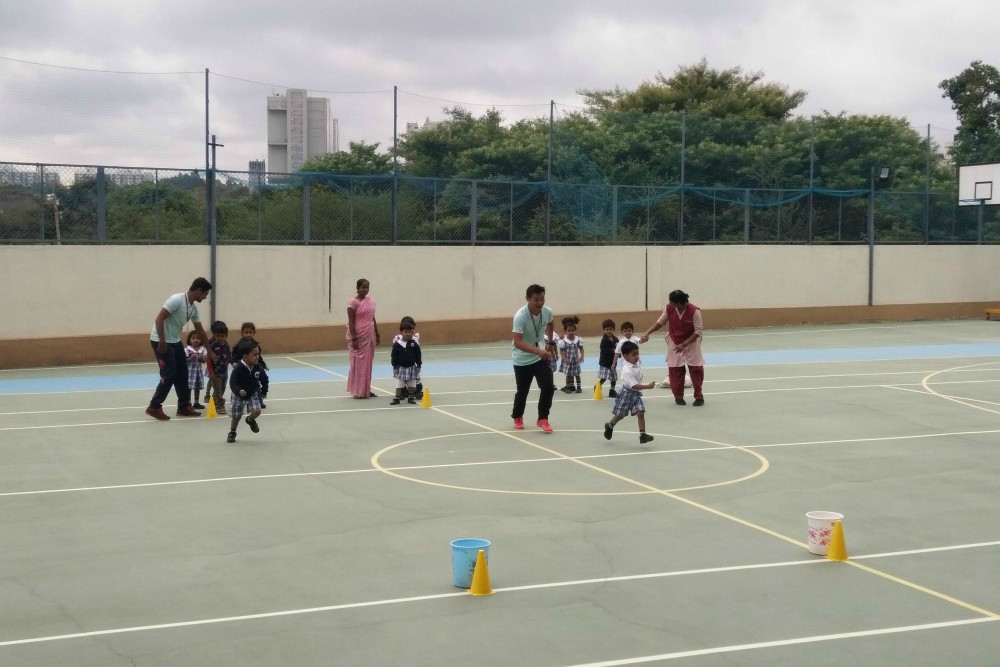- Sarjapur , Bengaluru 560 035
- +91 8880858085
- admission@apws.edu.in
What are the Benefits of International Schooling?
4th September, 2018

A majority of the Indian education system focuses on rote learning and hosts a highly competitive environment. Heavy emphasis on homework and self-study assignments is given as a student advances to higher classes. Such application-driven assignments often cause students to feel lost and under-confident in their abilities due to the harmful conditioning done by rote learning. In such situations, they either resort to copying assignments from classmates or not working on them at all out of fear of failure.
International schools are designed to break out of these limitations/issues. Inquiry is the leading pedagogical approach in international schools. Such an inquiry-based practice encourages students to take ownership of learning. This learning approach facilitates conceptual exploration and is tailored to the needs of each student versus a traditional one-size-fits-all method of instruction. Learning is viewed as constantly evolving and not static at international schools, empowering students to develop original, independent thinking.
Student-centered learning is tremendously valuable at international schools, however they strongly embrace a mix of approaches to teaching and content, right from traditional lecture and discussion formats to experiential and reciprocal teaching-learning strategies.
Faculty development programs and professional development workshops give educators of international schools the extra edge that aids in keeping them connected to changing approaches to pedagogy.
Their mission is to equip students with 21st-century skills that will empower them to become active participants and effective contributors to community.
Knowledge is democratized in international schools, giving students agency and authority over their own learning. Such a teaching-learning approach not only benefits students academically but also helps in building their confidence and self-esteem resulting from being responsible, accountable stakeholders in their education. When students learn in such an environment, they develop lifelong skills of collaboration, problem solving, and critical thinking. Acquiring these skills at a young age serves and enhances the quality of the rest of their lives.
READ SIMILAR BLOGS

Primary-Assembly
9th July, 2018
event
Globalization has undoubtedly been a blessing to the modern world. It brings about a number of social changes which are inevitable for facilitating development and advancement. […]

Pre-KG outdoor play.
9th July, 2018
event
Each day is a happy day at APWS. The little stars of Pre-kg had a fun outdoor session where they learned various things through fun-filled activities. […]

Benefits of CBSE for Competitive Examinations Preparation
8th August, 2018
school blog
The Central Board of Secondary Education (CBSE) is student-friendly and also a preferred choice of curriculum for scores of students in India. The comprehensive course […]

APWS celebration
8th August, 2018
event
India is an amalgamation of cultures and diversities where we cherish and celebrate each and every culture equally. APWS inculcates this spirit of celebration in […]

Tips to make the internet a safer place for your child!
22nd August, 2018
school blog
The thought of all the possible things your child could stumble upon online is nothing short of terrifying for a parent. In today’s day and […]

What are the Benefits of International Schooling?
4th September, 2018
school blog
A majority of the Indian education system focuses on rote learning and hosts a highly competitive environment. Heavy emphasis on homework and self-study assignments is […]
© 2022 Asia Pacific World School. All Rights Reserved.